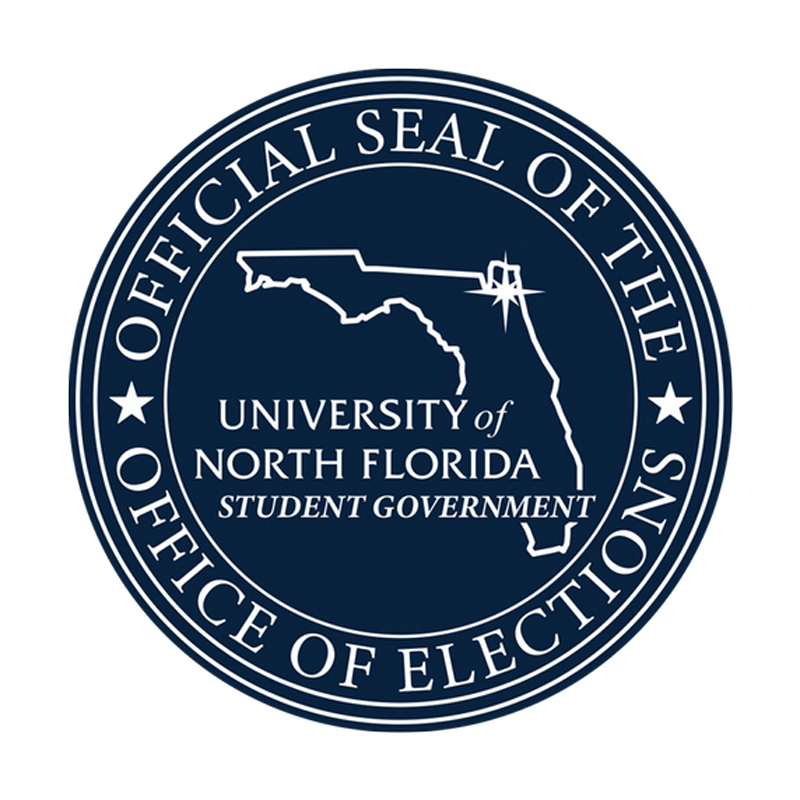To the editor:
I read with interest your editorial in the Sept. 28 issue, “No One Like You, No Choice But This,” regarding UNF’s freshmen residency requirement, set to begin summer 2012. While I appreciate the points made in the piece, I believe this is a positive step for the institution and another indication that UNF is continuing to advance in its mission of creating a transformative, student-centered environment — one that prepares students for the challenges they will face beyond college.
There is widespread, if not universal, agreement in higher education research that students who live on campus in the first year are better positioned for success in college. The Indiana University-Purdue University Indianapolis study discussed in the piece, in fact, illustrates that on-campus students perform better in college than their off-campus counterparts. And it’s certainly not the only study. A vast and growing literature on the subject of student success indicates a strong correlation between campus residency and academic performance. However, GPA is but one metric, and perhaps not even the most crucial, for gauging student success.
These studies make clear that students who live on campus for at least one year tend to stay in school in higher numbers, and, most importantly, tend to graduate on time more often — which of course has significant financial implications for students and their families. These students also “get more” out of the college experience — in terms of engagement with the broader campus community, interaction with other students and professors and participation in extra-curricular and leadership activities that tend to be “difference makers” in the job market.
The article also questions whether there should be a distinction between public and private universities with respect to such policies, suggesting that a public university “doesn’t get to decide what kinds of students it wants.” UNF, of course, wants all kinds of students, but we also want them to graduate and find success after college. Moreover, as was noted, a great number of public universities require that freshmen, and in some cases sophomores, too, live on campus — including the University of Arkansas, the University of Colorado, Arizona State University and UNC-Chapel Hill, to mention a few.
In other cases, publics cannot require all freshmen to live on campus simply because they don’t have the capacity. If anything, given that the state of Florida subsidizes the education of each student at UNF, it may be argued that public institutions have a greater responsibility to implement practices and policies that encourage student success and higher graduation rates than do private schools.
We continue to seek ways to enhance student life on campus, and the freshmen residency requirement is part of a broader, campus-wide initiative to develop a more integrated and student-focused first-year experience, which will bring together Student Affairs, Residence Life, academics and staff to design programs and experiences that target the needs and expectations — and enjoyment — of first-year students. In every discussion I’ve participated in with respect to the new policy, there has been emphasis on the need to enhance campus life for all students as part of this initiative. Hopefully, the student body will work with us to develop a campus environment that we all find fulfilling.
Finally, the article wonders, rhetorically, “Who is benefiting from this arrangement?” In my view, we all are. UNF has changed a great deal during its relatively brief history — transforming from an upper-level, two-year institution to a four-year, comprehensive university. It continues to advance in stature, and there is every reason to expect that this new era in our history will contribute to that upward trajectory. I can assure you that improvement — in terms of graduation rates, student achievement, campus climate and national reputation — will benefit most of all those who possess degrees from the university.
Dr. Jeff W. Coker
Dean, Undergraduate Studies











